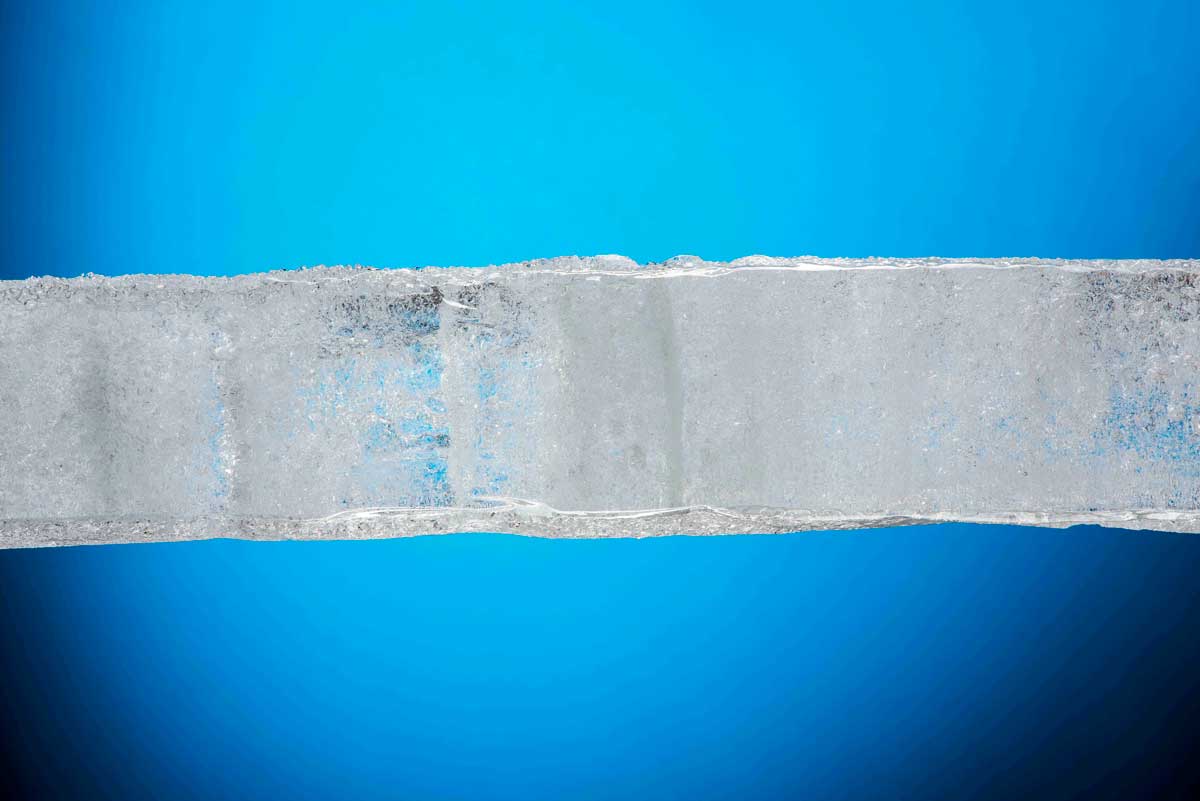Climate Change
Sustaining Earth's various ecosystems is a major concern for many scientists and global citizens. To better understand how to protect Earth, scientists have taken an interdisciplinary approach to tackle conservation, sustainability, and climate change issues.
On this page you'll find information about climate change, what University of Alberta scientists are working on in this area, and the effect their work has.
What Is Climate Change?
Climate change refers to changes in regional and global weather patterns that negatively impact ecosystems as the effects persist over long periods of time. Although global warming is one of the major indicators of our planet changing, there are other signals as well, such as:
- Greenhouse gas emissions
- Land degradation
- Loss of biodiversity
- Ocean acidification
- Ozone depletion
- Receding Arctic ice
Latest News in Climate Change
Read some of the news stories about UAlberta scientists and their research as it relates to climate change.
The Canadian Ice Core Archive at UAlberta
Ice cores are one of the longest surviving natural records of climate change and the Faculty of Science has the honour of hosting the Canadian Ice Core Archive (CICA) on campus.
Find out more about the archive and its importance to climate change science in the above video, and you can check out even more videos on the archives by clicking the button below.
More Canadian Ice Core Archive Videos
MOOCs
The University of Alberta partnered with Coursera to deliver Massive Open Online Courses (MOOCs) to further the education of students and global citizens around the world. Some courses can count towards completing certain UAlberta degrees.

Introduction to the Arctic: Climate
Learn things like why the Arctic is cold and covered in ice and how that affects the global climate and ecosystems, and examine present day climate change and its evidence in the Arctic in this four-week course.
Enroll in the Arctic MOOC and dive into a unique learning experience focused on the environment and climate of the circumpolar North.

Glacier to table: Understanding the effects of melting glaciers on drinking water
A new project will provide insight into the effects of melting glaciers on drinking water in Western Canada.

UAlberta scientist named to 2021 Earth Leadership Program cohort
Marine conservation researcher Stephanie Green one of 21 scientists across North America selected for pioneering work in sustainability research.
Who Is Working on Climate Change?
Climate change affects a variety of systems on Earth, and as such, to find the solutions to handling those effects requires an interdisciplinary approach from many different scientists.
Have a look at some of the research areas UAlberta scientists are working on to help enhance our understanding of climate change.
- Andrew Derocher
Andrew Derocher's Research Focus: ecology, conservation, and management of large Arctic mammals like polar bears
- Brian Lanoil
Brian Lanoil's Research Focus: microbiology of icy arctic environments, and microbiology of reclamation of energy extraction impacted systems (reclamation genomics)
- Jeff Birchall
Jeff Birchall's Research Focus: local scale climate change impacts, local government climate change policy, and urban community climate resilience and adaptation
- Long Li
Long Li's Research Focus: stable isotope geochemistry, paleoclimate and paleoenvironment, subduction zone processes (metamorphism and volcanology), and astrobiology
- Rolfe Vinebrooke
Rolfe Vinebrooke's Research Focus: cumulative impacts of multiple environmental stressors (climate change, acidic nitrogen deposition, stratospheric ozone depletion, increased ultraviolet-B radiation, and invasive species)on biodiversity and ecosystem functioning in mountain, boreal, and arctic lakes
- Suzanne Tank
Suzanne Tank's Research Focus: understanding the current and future functioning of aquatic ecosystems and understanding connections between ecology, biogeochemistry, and processes occurring across the land-freshwater-ocean continuum
- Vincent St. Louis
Vincent St. Louis's Research Focus: understanding the biogeochemical cycling of elements in the environment and the human disruptions to these cycles; examining environmental impacts of acid rain, reservoir creation, and mercury emissions; and examining methyl mercury concentrations in high- and sub-Arctic marine animals and freshwater fishes
